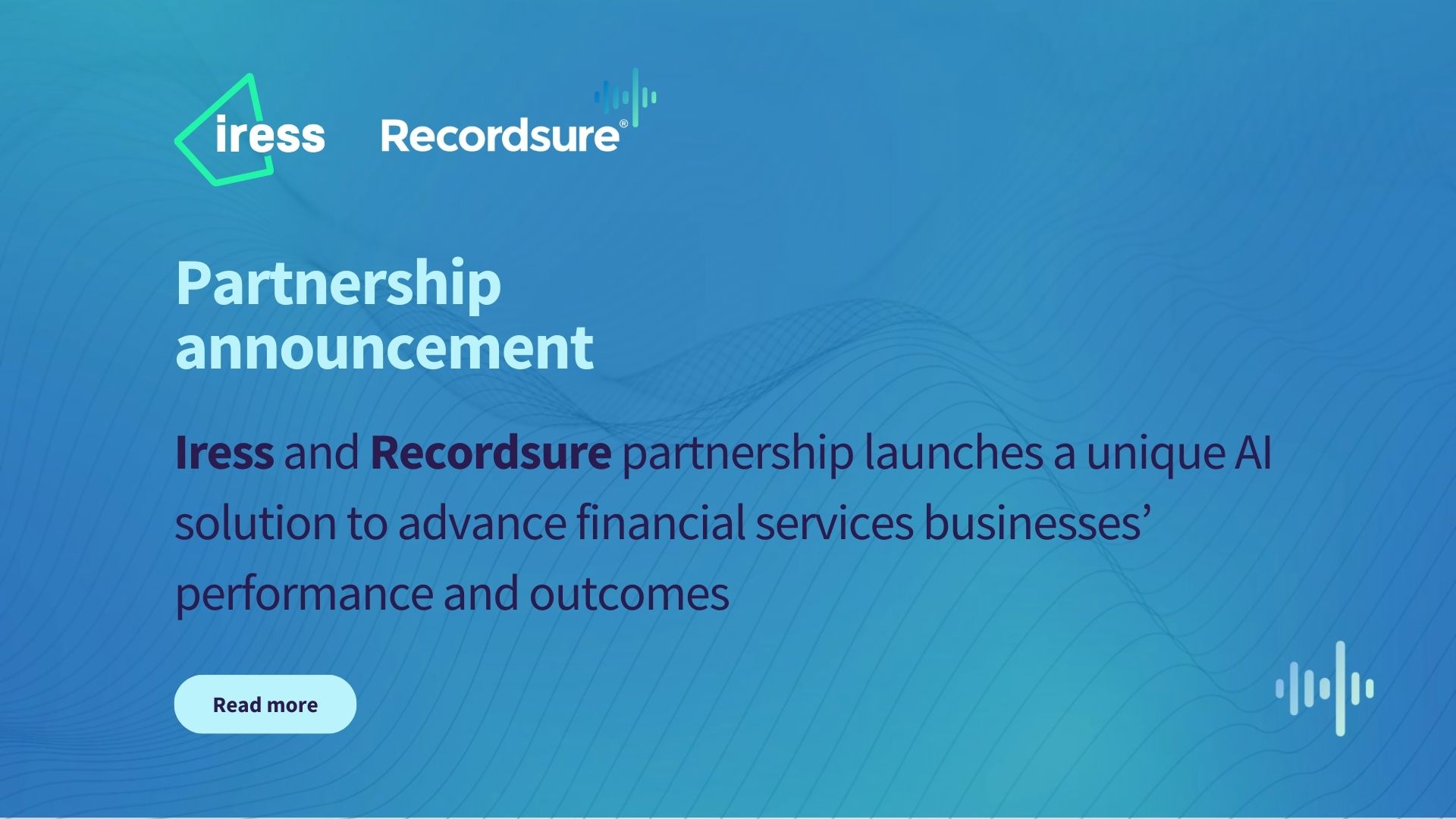There is a lot of excitement in the world of Regtech at the moment. New technologies are emerging at an incredible rate, customer expectations are evolving rapidly, and we are witnessing a growing trend of innovative solutions towards regulatory challenges.
Innovation, revolution and the art of disruption
Every day when you open your inbox or browse your social accounts, you’ll see updates on new technologies which are having a disruptive effect within their field.
These often catch the eye as they address an age old problem that people have become so used to that they have started accepting them without thinking. When a solution does finally come to light it feels revolutionary as you’re forced to question why the old status quo was tolerated for so long.
In the financial sector, the FCA have been monitoring the changing landscape intently. They have already followed last year’s Techsprint with a call to arms for input on the use of technology in the financial sector in February being re-emphasised in their 2018/9 Business Plan. This attitude should be applauded as the only thing developing as swiftly as technology is customer expectation.
Identifying the need for change
Bringing in change to an organisation always presents challenges which need to be overcome. Implementing new infrastructure requires careful planning and changes to internal processes can add further disruption. Perhaps the biggest difficulty though is spotting the area that needs improving to begin with as these are often so entrenched that they pass by un-noticed.
Let’s take a look at mortgages as a quick example. For most people, this will be the biggest financial decision of their lives: the stakes are huge. Think about the process: you have a series of conversations with a mortgage consultant who guides you through your options, notes your preferences and updates them on the system.
When your application has been submitted and your offer issued, you must put your entire trust on this single account being thoroughly watertight and dependable: that nothing discussed with the adviser has been accidently missed off, that you understood everything correctly and that there aren’t any potential issues you weren’t made aware of. The pressure on the adviser is also extremely high, with massive repercussions if procedures aren’t followed in full.
Implementing change
Traditionally, it’s a process that has potential frailties, but these are increasingly being mitigated by technical solutions. We’ve seen amazing results for instance using our voice analytics software to record and analyse conversations between mortgage advisers and they’re customers, which has seen huge benefits on both sides.
Through advanced AI analytics and speech recording tools, mortgage providers have been able to generate robust records covering all customer conversations (including face-to-face meetings) to demonstrate they have followed procedures correctly. It has also allowed them to zone in on potentially vulnerable customers to channel extra support intelligently to the people who need it most.
Meanwhile, customers have welcomed the added peace of mind that comes with a full record of all their significant interactions. Additionally, they have benefited from having a better customer experience as advisers can focus more on what is important to customers rather than on burdensome administrative tasks which can be automated.
Keeping Pace
It can be difficult, but it pays to try and take a step back and look at where processes might have become outdated. The technology that wasn’t available a few years ago will be taken for granted in no time at all, which is why it is so important for organisations to adopt the latest solutions to avoid the risk of falling behind the competition. The only thing developing as fast as the technology is the customer expectation.





